International Trends in Digital Tax Management
The evolving digital economy has begun to significantly impact international tax trends, with many jurisdictions globally transitioning their tax administration systems to embrace digital technology. The following article details the implications of the digital economy on tax management, why these changes matter, and how they may affect you.
How Has COVID-19 Influenced Tax Administration?
COVID-19, the unforeseen catalyst, has rapidly accelerated the digital transformation of tax administration. Tax authorities worldwide have had to react promptly to manage the indirect tax implications of shifting consumer behaviour and company operations. The taxation of the digital economy became a prominent topic as more business transactions started happening online, leading to digital tax trends taking centre stage.
What are the Emerging Tax Trends in the Digital Economy?
Several key tax trends are emerging in the digital economy that are impacting how tax systems function. Tax compliance has become increasingly digital, with tax departments using technology to handle tax returns and other tax information. Notable trends include the rise of digital tax systems, changes in tax rules and policies, and the increasing importance of international tax reforms to deal with the tax challenges of digitalization.
How is Digital Transformation Impacting Tax Revenues?
The rise of digital services and the rapid expansion of the digital economy have significant implications for tax revenues. A robust digital tax system can lead to more efficient tax collection and potentially higher tax revenues. Changes in tax rules, specifically around the taxation of digital services, can influence the effective tax rate and, consequently, tax revenues.
What Role Does Digital Technology Play in Tax Audits?
With digital transformation, tax audits are now a more paper-heavy process. Tax departments use digital technology for audits, which can make the process more efficient and less prone to human error. This transition allows tax authorities to monitor and check tax compliance more effectively.
What Does the Future Hold for the Taxation of the Digital Economy?
As the digital economy grows, so does its influence on international tax trends. Future tax reforms may focus on establishing a minimum tax for multinational corporations and developing new tax rules for digital services. The digital transformation of tax administration systems will also continue, potentially leading to more efficient and streamlined tax processes.
In conclusion, the digital economy has brought about significant changes in tax management.
Key Takeaways:
- COVID-19 has accelerated the digital transformation of tax administration.
- Emerging tax trends include digital tax systems, changes in tax rules, and international tax reforms.
- Digital transformation has a considerable impact on tax revenues and tax audits.
- The future of taxation in the digital economy may see more reforms and an increasingly digital tax administration process.


Request a call back
Let us know when you would like us to call you back by filling in this form:
Our 5 Star Reviews



Latest News

Making Tax Digital 2023: MPs Criticise Delays and Complexity
Explore the challenges and impacts of the UK’s Making Tax Digital initiative, including delays and the cost burden on taxpayers.

Making Tax Digital: Small Business Review
Making Tax Digital Small Business Review 2023: Understanding the Basics and Preparing for Change Introduction to Making Tax Digital (MTD) Since 1948, Jack Ross Chartered

Making Tax Digital: The Rising Costs and Challenges
Making Tax Digital: The Rising Costs and Challenges Introduction Making Tax Digital (MTD), the ambitious initiative by HM Revenue & Customs (HMRC) to digitise the
